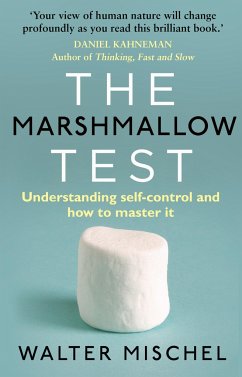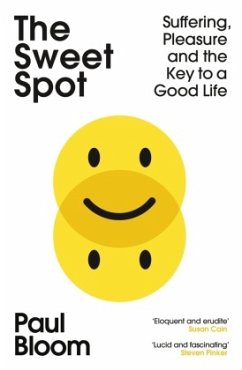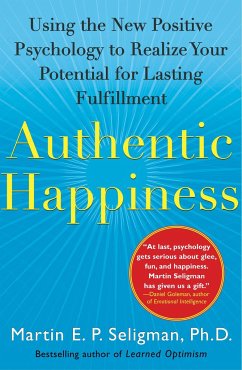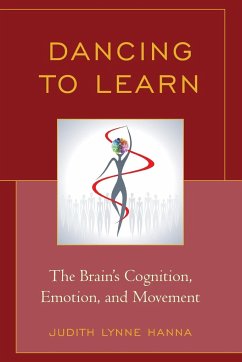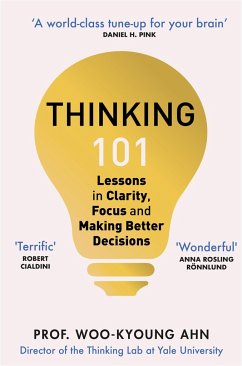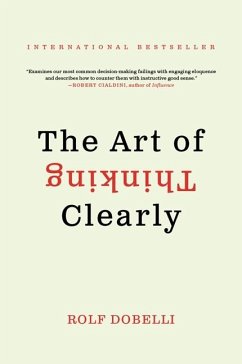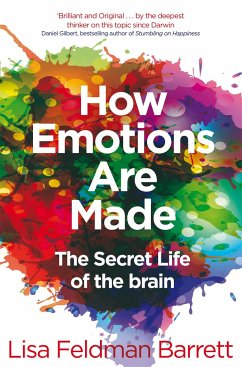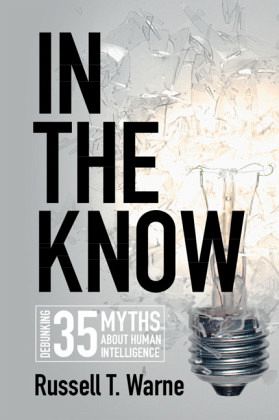
In the Know
Debunking 35 Myths about Human Intelligence
Versandkostenfrei!
Sofort lieferbar
17,99 €
inkl. MwSt.

PAYBACK Punkte
9 °P sammeln!
Emotional intelligence is an important trait for success at work. IQ tests are biased against minorities. Every child is gifted. Preschool makes children smarter. Western understandings of intelligence are inappropriate for other cultures. These are some of the statements about intelligence that are common in the media and in popular culture. But none of them are true. In the Know is a tour of the most common incorrect beliefs about intelligence and IQ. Written in a fantastically engaging way, each chapter is dedicated to correcting a misconception and explains the real science behind intellig...
Emotional intelligence is an important trait for success at work. IQ tests are biased against minorities. Every child is gifted. Preschool makes children smarter. Western understandings of intelligence are inappropriate for other cultures. These are some of the statements about intelligence that are common in the media and in popular culture. But none of them are true. In the Know is a tour of the most common incorrect beliefs about intelligence and IQ. Written in a fantastically engaging way, each chapter is dedicated to correcting a misconception and explains the real science behind intelligence. Controversies related to IQ will wither away in the face of the facts, leaving readers with a clear understanding about the truth of intelligence.



